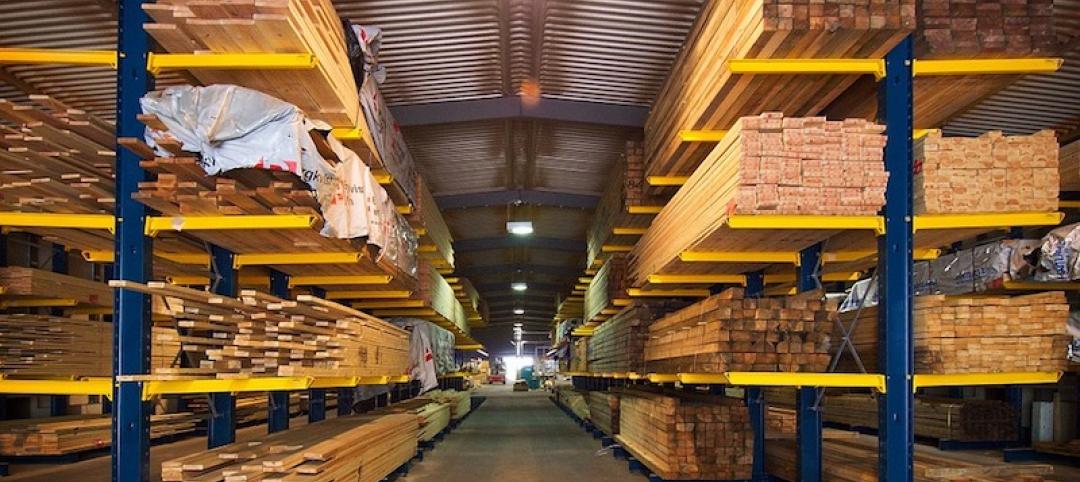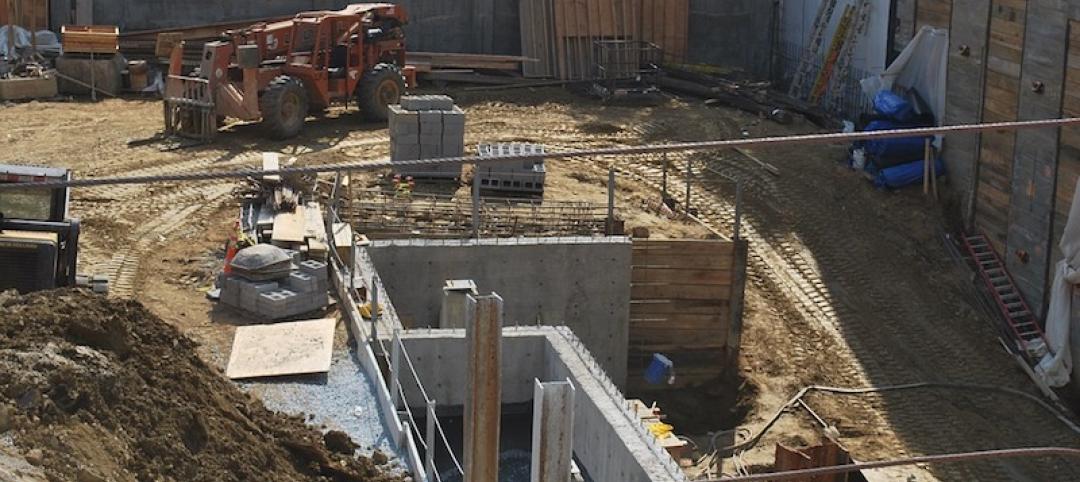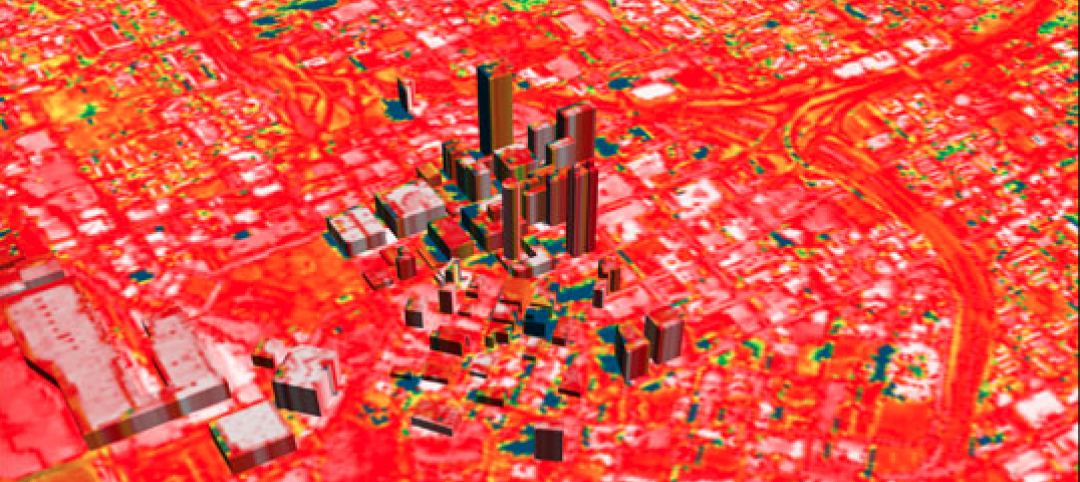A method to estimate the amount of CO2 generated by building occupants since the early 1980s may be off by as much as 25%.
Researchers at the National Institute of Standards and Technology (NIST) and George Mason University say the old formula relies on old data and a method lacking scientific documentation. To help address the problem, the researchers developed a new computation method that uses well-established concepts from the study of human metabolism and exercise physiology.
The new method relates CO2 generation rates to body size and composition, diet, and level of physical activity. Researchers say this results in more accurate estimates of the CO2 generated by individuals, and by extension, an improved estimate of the concentration produced by a building’s entire occupant population.
Measurements of indoor carbon dioxide (CO2) concentrations are used to evaluate indoor air quality. CO2 metrics are strongly linked to the levels of contaminants, such as gases and particles, circulating in the air. This information can be used to control ventilation, which helps clean the air, and can reduce the need for heating and cooling.
Related Stories
Codes and Standards | Aug 21, 2018
First mass timber panel made from structural composite lumber gets APA certification
Said to be much more cost effective than CLT options.
Codes and Standards | Aug 17, 2018
Zoning changes can be crucial to filling large, empty retail spaces
Alternative uses often require action by local officials.
Codes and Standards | Aug 16, 2018
Nearly a quarter of opioid overdose deaths attributable to construction workers
Massachusetts public health study finds pressure to work in pain contributes to problem.
Codes and Standards | Aug 15, 2018
ICC creates new committee on building safety and security
Will include experts from many different disciplines.
Codes and Standards | Aug 14, 2018
Philadelphia adopts 2018 IECC energy code, while state opts for 2015 code
City is one of the first jurisdictions to adopt newest code.
Codes and Standards | Aug 9, 2018
Denver’s goal of 100% renewable energy by 2030 includes net zero energy buildings
Community solar programs for low income residents part of plan.
Codes and Standards | Aug 8, 2018
Too much parking in U.S. cities proving costly
As car ownership rates drop, excess parking seems more wasteful.
Codes and Standards | Aug 7, 2018
International Fire Safety Standards (IFSS) Coalition created
Professional associations and building standards organizations join forces.
Codes and Standards | Jul 31, 2018
Workers allegedly held in captivity by construction subcontractor in San Jose pay theft case
Contractor pays $250,000 in back wages in Dept. of Labor enforcement action.
Codes and Standards | Jul 17, 2018
Heat island effect can turn deadly in extreme conditions
Of all the impacts of global climate change, it’s extreme heat that kills more Americans each year than any other weather-related event.

















